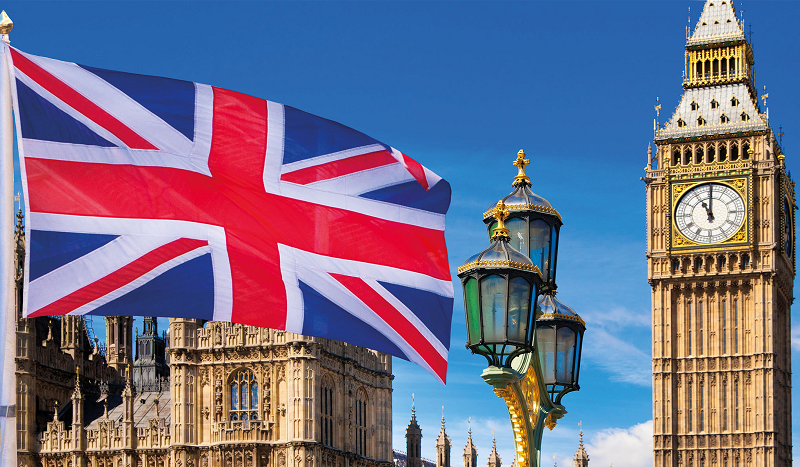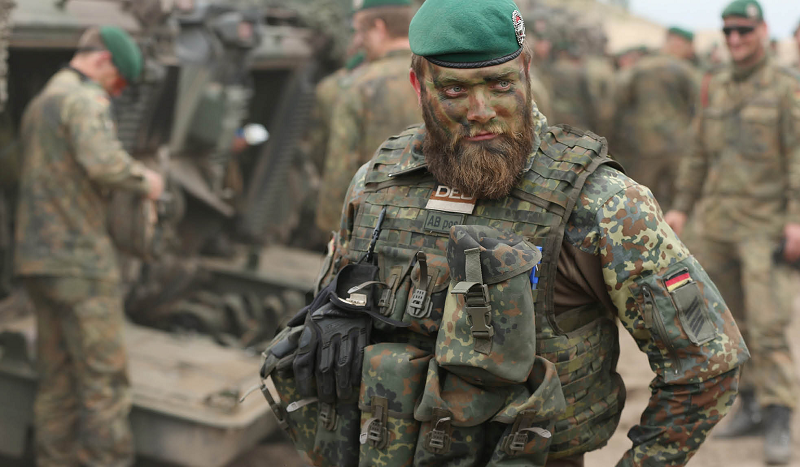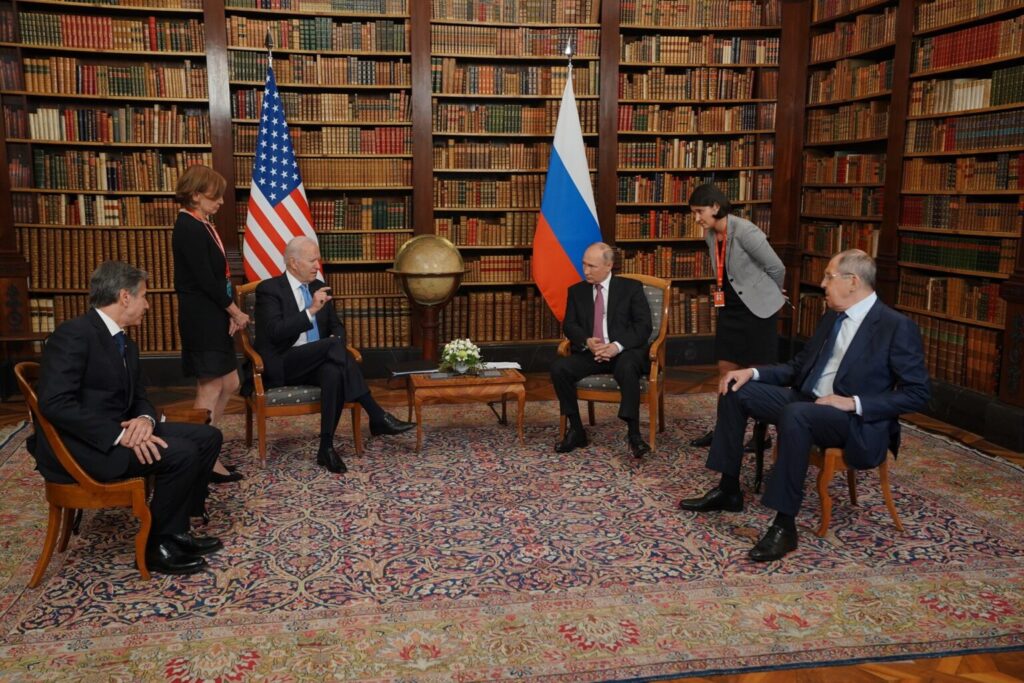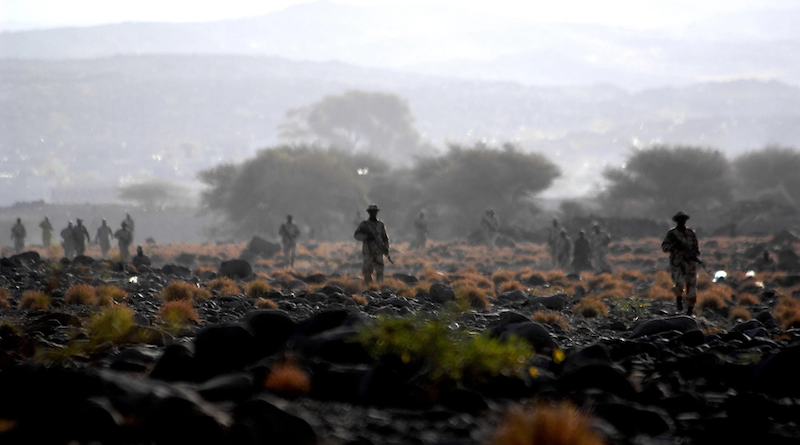‘Allahu Akbar’ – ‘Allah Is The Greatest’ – A Jihadi Battle Cry
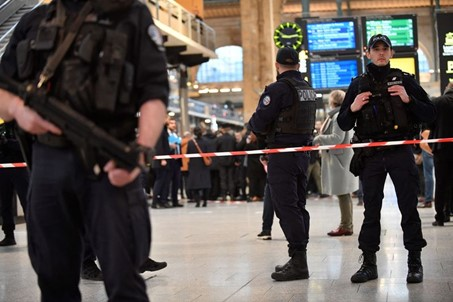
Introduction
This report will discuss jihadis’ use of the phrase Allahu akbar – meaning “Allah is the greatest” – as a battle cry during terror attacks. This subject has been discussed in previous MEMRI analyses, but there have been many attacks since carried out by jihadis in the West in which this battle cry was repeated.[1] In two recent examples, an Islamist named Trevor Bickford shouted “Allahu akbar” as he lunged at New York Police Department officers with a machete on New Year’s Eve near Times Square,[2] and a man who stabbed six people in a January 11, 2023 attack at the Gare du Nord train station in Paris also shouted the phrase during his attack.[3] This report will provide more than three dozen additional examples from recent years of the use of the term as a jihadi battle cry (see Appendix).

